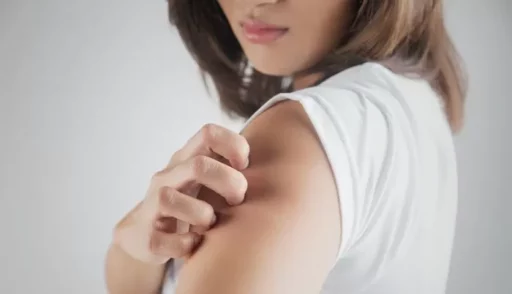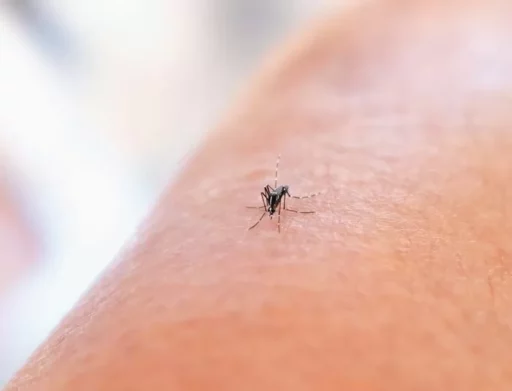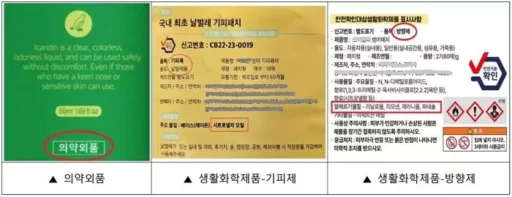Mosquito Repellent Alert: Contains Allergic Ingredients
The Seoul Institute of Health and Environment has urged citizens to thoroughly check the ingredients and types of mosquito repellents before purchasing them.
On the 11th, the institute conducted a safety analysis of 52 mosquito repellent products, which see a significant increase in demand during the summer months. It revealed that 75% of the analyzed products, totaling 39 cases, contained allergic ingredients at levels exceeding 0.01%.
This survey was conducted on various forms of mosquito repellents available in pharmacies and online shopping malls, including sprays, roll-ons, patches, and bands.

When examining by product type, both patch and band products were classified as non-pharmaceutical goods such as air fresheners or insect repellents, falling under safety-confirmed daily chemical products.
Excluding the patch and band products, 28 cases were classified as pharmaceutical goods, while others were categorized as industrial products, safety-confirmed daily chemical products, or cosmetics.
Analysis Results of Mosquito Repellent Ingredients: Carcinogenic Substances Detected

The institute specifically pointed out that certain products using names like "Summer Patch" and "Summer Band" could mislead consumers into thinking they are pharmaceutical goods. The main ingredient in these products is citronella oil, a natural essential oil.
Allergic ingredients such as geraniol, citronellol, and linalool were found in about 75% of the surveyed products, primarily present in most items that include fragrances.

A concerning point is that some daily chemical products detected methyl eugenol, a potential carcinogen, at levels below 4.0ppm.
Methyl eugenol is an unintended harmful substance that may be included in citronella oil and clove oil, classified by the International Agency for Research on Cancer (IARC) as a possible human carcinogen (Group 2B).
In this regard, the institute explained that although the methyl eugenol level falls below the pharmaceutical goods standard of 10ppm (at 4.0ppm), no management standards exist for daily chemical products, leaving a gap in regulation.
A representative from the Seoul Institute of Health and Environment stated, "While standards for ingredients and labeling obligations for pharmaceutical goods are strictly managed, information provided for industrial products and daily chemical products is relatively limited, so consumer caution is necessary when purchasing," and advised, "Check the labeling for pharmaceutical goods on the outer packaging of mosquito repellents first and compare effective ingredients for a safe choice."
Image source: Supplementary material photos for understanding the article / gettyimagesbank, supplementary material photos for understanding the article / unsplash, provided by the Seoul Institute of Health and Environment.


